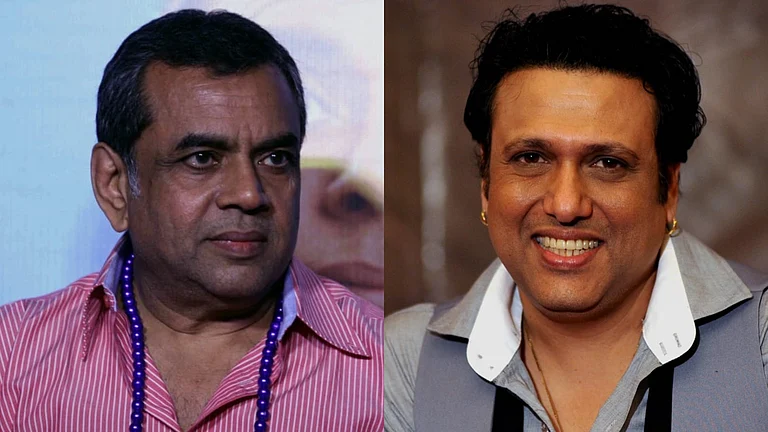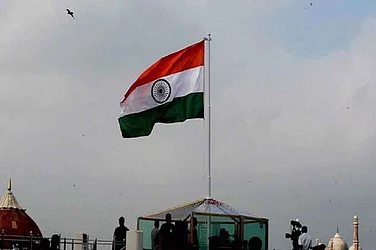Almost four years after abrogation of Article 370, the Centre today told Supreme Court that it is unable to give specific timeline for restoring the Statehood status of Jammu and Kashmir but clarified that Union Territory status is temporary. The Centre further said that it is ready for elections in Jammu and Kashmir at "any time now" and the final decision lies with the Election Commission.
The top court had earlier directed Solicitor General Tushar Mehta, representing the Centre, to provide a definitive timeframe on restoring statehood to Jammu and Kashmir and holding elections in the region.
Elections in Jammu and Kashmir
SG Mehta told the court today that polls will be held in three stages - first at panchayat level, second municipal and then legislative assembly elections. The process of updation of voters' list in J-K is underway and will take a month or so to complete.
While elections for Ladakh Hill Development Council and Leh are completed, polls in Kargil will be held next month, SG Mehta said.
Terror-related incidents
The Centre further told Supreme Court that terrorist instances have reduced by 45.2% in 2023 in comparison to 2018 and infiltration reduced by 90%. "Law and order issues like stone pelting etc have reduced by 97%. Security personnel casualty is reduced by 65%. Stone pelting instances in 2018 were 1,767, it is nil now. Organised bandhs in 2018 were 52 and now it is nil," Solicitor General Tushar Mehta said.
Retorting to these claims, Senior advocate Kapil Sibal, appearing for one of the petitioners against abrogation of Article 370, raised the issue of house arrests and internet shutdowns in the region. "Govt has put 5,000 people in house arrest, section 144 was imposed, the internet was shut, and people could not go to hospitals even… let us not make a mockery of democracy, and not talk about bandhs," Sibal said.
Previous hearings
On the 12th day of hearing several petitions challenging the abrogation of the provisions of Article 370 and the Jammu and Kashmir Reorganisation Act, 2019, the Centre reiterated its longstanding position that statehood of the Jammu and Kashmir will be restored as things normalise. "The instructions are that UT is not a permanent feature. But I will make a positive statement day after tomorrow. Ladakh will remain UT," said Solicitor General Tushar Mehta, appearing for the Centre, as per Live Law.
The Supreme Court also questioned the Centre about the validity of its decision to divide the erstwhile state into two Union Territories, saying the petitioners who have challenged its decision contended it was beyond the powers of Parliament.
CJI DY Chandrachud, reiterating that restoration of democracy was important, said, "So, you make them (Chandigarh) as Union Territories, but at a later point of time when the situation stabilises, the union territories are made into a state. We understand that these are matters of national security and the preservation of the nation itself is the overriding concern. Equally, restoration of democracy is also important."


























